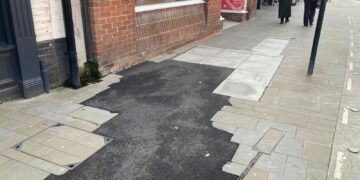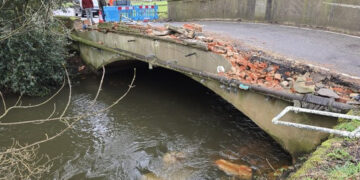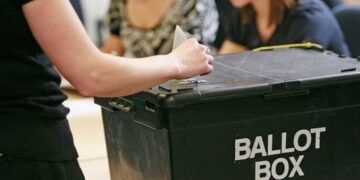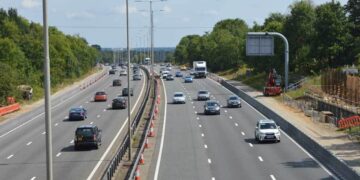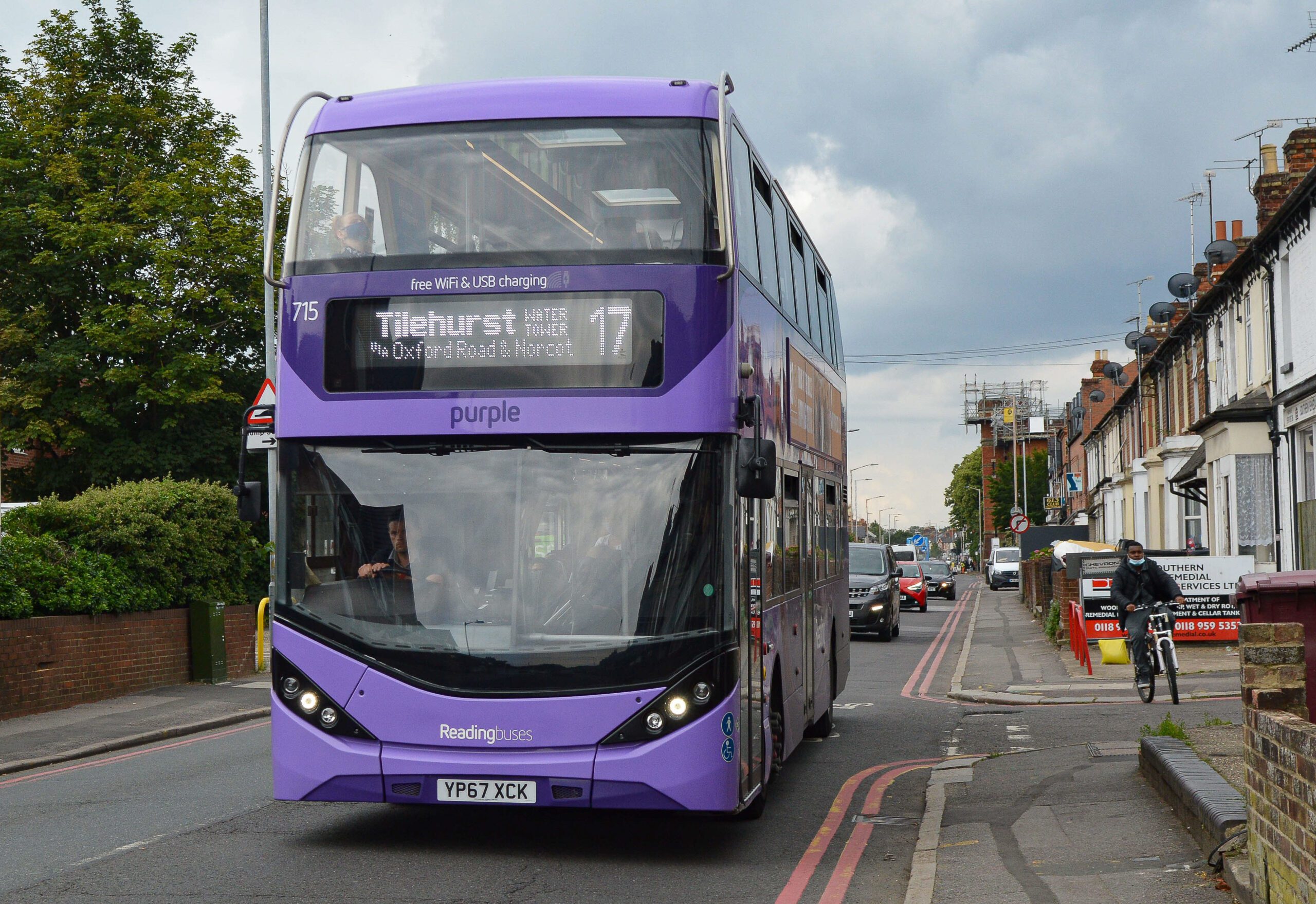
By Cllr Paul Fishwick
Local bus services are vital for Wokingham Borough and the wider area. They play an important role for people to access jobs, retail and services, schools’/ further education, business to business connectivity, visiting the hospital/health centres as well as for leisure activities.
They are a lifeline for the community and the economy and carry 2.8 million passengers per annum. Despite the borough sitting within the top 10% of areas in the UK for car ownership according to the 2011 census, passenger number growth was the second highest in England, outside of London, in the 10 years until 2019/20 at 40%.
However, nationally around 62% of car and van journeys are single occupancy, so getting people to use buses instead of the private car means that it will reduce our carbon emissions and congestion and improve air quality, the air that we all breathe.
The local bus service fleet is one of the youngest and most environmentally friendly in the UK with 73% being at Euro 6 standard and 20% Biomass, the remaining 7% at Euro 5 standard, therefore a positive step towards tackling climate change.
A typical bus takes the space of about 2.5 cars, so buses can be expected to move about 5 to 10 times more people along a given corridor compared to cars.
Unlike most journeys by private car, journeys by bus (or rail) mostly involve some walking to and from the stops. Not surprisingly, therefore, there is quite a strong correlation between the use of public transport and the amount of walking that people undertake It is clearly better for people to get active if they can, so a bit of walking can provide positive health outcomes.
However, the pandemic reduced bus travel in the area by 73% one of the highest levels in the region although it has since recovered to around 81% of pre-pandemic levels.
Local bus services fall into two categories, 1) commercially operated, which means that an operator will run the service commercially without any additional support from the council or 2) supported bus services, which means that the route is supported with funding from the council.
Some commercially operated routes require council funded support outside of the ‘core day’ such as evenings and at weekends.
As Wokingham Borough Council continues to be the lowest funded unitary authority in the country, the Council is reliant on Council Tax to fund local bus services. Central government provides a 14% contribution towards socially necessary bus services through a grant, but nothing towards the Council’s near £1 million concessionary fare bill.
The Council recognises the important role of local bus services and so provides financial support for around 500,000 vehicles kilometres of bus travel per annum. The council needed to provide additional funding of £300,000 to support services between September 2022 and end of March 2023.
Further pressures have come from driver shortages, and I wrote to the Secretary of State for Transport highlighting the issue. The council has been working with bus operators to minimise disruption to services during this difficult time to provide a reliable service.
However, the bus industry is experiencing significant inflationary pressures. The main pressures relate to fuel prices, driver shortages and wage increases, maintenance and general operational costs. Furthermore, bus travel post pandemic is still 19% lower than before, which means reduced income for the bus companies
During the pandemic and the recovery period, revenues have been supplemented by support from central government, but this funding has been decreasing and is planned to end in March 2023. With no further appropriate funding available from central government to support local bus services, this has put even further financial pressure on the Borough Council to continue its support for these vital services if they are to be maintained at the same levels as now
With no clear future funding support from central government, the leader of the Council Cllr Clive Jones and myself have written a joint letter to the Secretary of State for Transport highlighting this major issue, as the challenge to fund and maintain a financially sustainable network, without central government assistance now rests with the council, local bus operators and our partners.
We recognise the vital role of local bus services for our residents in offering greener and healthier travel alternatives. However, if we want to continue to have a good bus network, we also need more people to use the buses. I therefore urge residents to take the bus, whenever possible and with the £2 single fare incentive, (except football and school allocated buses), now is a great time to start.
Cllr Paul Fishwick, Executive member for Active Travel, Transport and Highways


